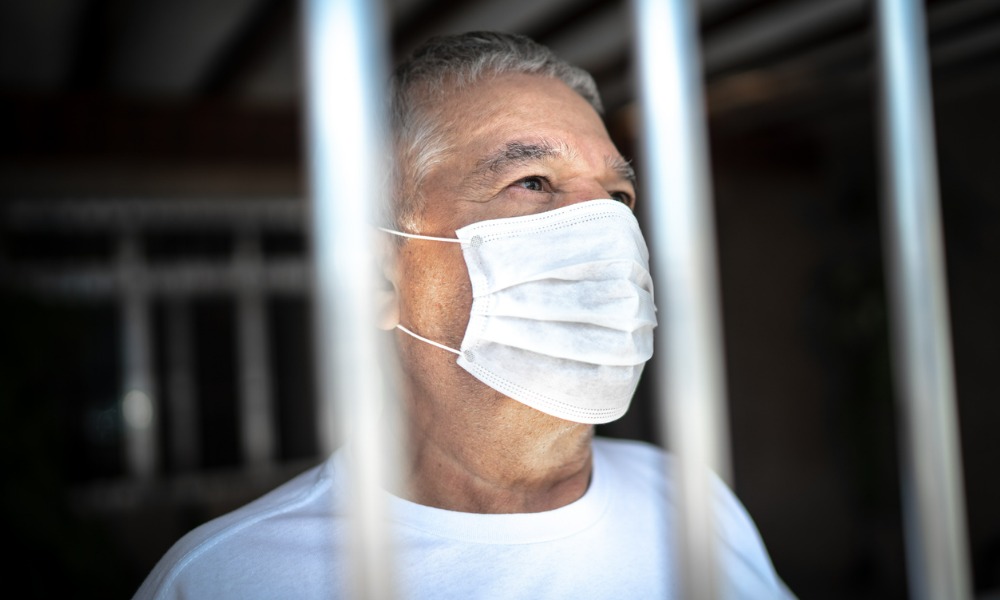
Public employees accused of failing to summon timely medical care in prison

A prison inmate recently alleged that public employees admitting transferees from another institution were aware that inmates risked being infected with COVID-19 if they did not immediately adopt a proper medical testing and quarantine program.
On May 28, 2020, the State of California and California Department of Corrections and Rehabilitation – the defendants in the case of Malear v. State of California et al. – started transferring nearly 200 inmates from the Chino Institute for Men to San Quentin State Prison.
At the time of the transfer, numerous transferees had COVID-19. Some showed symptoms before getting down from the transfer bus. About a month afterward, at least 1,400 inmates were diagnosed with COVID-19, several of whom died from the disease.
Read more: Widow seeking workers' compensation says spouse died due to COVID-19
The plaintiff in this case was a San Quentin inmate diagnosed with COVID-19. He sued the defendants on behalf of past and present inmates diagnosed with the disease after the transfer date.
First, the plaintiff alleged that, at the time of the transfer, the defendants’ employees knew or had reason to know that his fellow inmates were at immediate risk of contracting COVID-19 upon the transferees’ arrival if they did not implement a proper program of medical testing and quarantine.
Next, the plaintiff argued that the employees failed to take reasonable action to summon immediate medical care, as required by section 845.6 of the Government Code, in the form of:
Under section 845.6, public entities and public employees would be liable for injuries proximately caused by an employee’s failure to furnish or to obtain medical care for a prisoner if the employee knew or had reason to know that the prisoner needed immediate medical care but failed to take reasonable action to summon such medical care.
The defendants filed a demurrer alleging that the plaintiff prematurely filed his complaint. The trial court ruled in the defendants’ favor. The plaintiff’s lawsuit failed because it was premature, the trial court said.
The California Court of Appeal for the First District reversed the trial court’s decision to grant the defendants’ demurrer.
Assuming that his allegations were true, he successfully alleged facts that could support a claim that the defendants’ employees failed to take reasonable actions relating to the transfer, specifically by failing to summon medical care under section 845.6, the appellate court said.
The plaintiff did allege that the defendants’ employees acted unreasonably when it failed to ensure the immediate screening and/or testing of the transferees, the appellate court said. The employees also allegedly failed to immediately isolate the inmates from the COVID-19-positive transferees or vice versa before the transferees arrived.
The plaintiff also claimed that these failures led to the severe outbreak at San Quentin, which was supposedly free of COVID-19 before the transfer, and thus harmed the inmates, the appellate court noted.